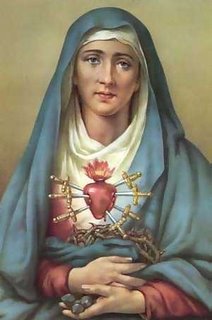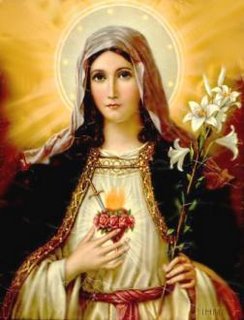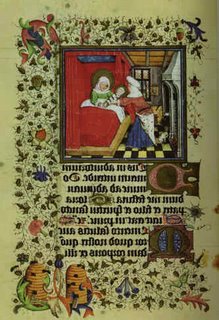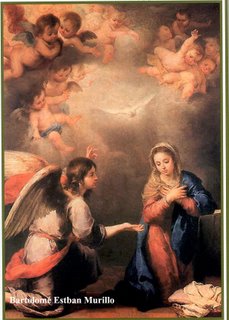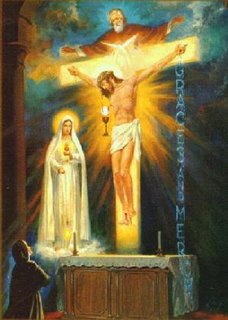 I don't agree with everything Maggie Gallagher has to say in her opinion page on Yahoo.com but today's column hit the 'nail on the head'! Here is an excerpt:
I don't agree with everything Maggie Gallagher has to say in her opinion page on Yahoo.com but today's column hit the 'nail on the head'! Here is an excerpt: Bringing together "the two sister churches of Rome and Constantinople," the pope said, is a "very important moment in the search for Christian unity." It is, he acknowledged, a symbolic encounter, but one that "is not just empty, but is full of reality."
One of the realities the pope seeks to call to our attention is how utterly oppressed by the Turkish government this tiny flock of Orthodox Christians remains.
Too many powerful people, when they talk about the importance of defending civil liberties, really mean (as Kevin J. Hasson of the Becket Fund for Religious Liberty puts it) "their favorite civil liberties." Which may be one reason why, although I was acutely aware that the government of Turkey faced sharp criticism from the West for putting novelists, historians, journalists -- and even, in one case, an archeologist with novel theories about the uses to which ancient Sumerians put headscarves -- on trial, I had not heard before of the disgraceful state of dhimmitude to which the patriarch of Constantinople and his church remain subject to this day.
George Weigel points out in Newsweek that the Turkish government closed the patriarchate's seminary in 1971 and refuses to permit it to reopen. The patriarchate is not permitted to own property, including the churches in its jurisdiction. "Turkish authorities have also confiscated houses, apartment buildings, schools, monasteries and lands that were once owned by the Ecumenical Patriarchate; the state seized the patriarchate's 36 cemeteries, which are now the property of various legal subdivisions of the city of Istanbul; and, earlier this year, the state confiscated the boys' orphanage run by the patriarchate (which is the oldest wooden building in Europe and of great historical value)," reports Weigel. The Turkish government also determines who may teach in Orthodox schools and what books they use. With considerable understatement, he adds: "No Christian community in the West would tolerate such conditions, which involve violations of basic human rights."
None of which has made news in Europe or America in the same way that oppressing academics, artists, editors or other symbolic analysts has. With Orthodox Christians amounting to less than one-tenth of 1 percent of the population, it is hard to identify a more vulnerable minority, or one with fewer influential public defenders.
Let us hope one may be enough. Just before takeoff, Benedict told reporters on the plane he begins the trip with "great trust and hope," counting on the support and prayer of many persons -- including, he said, the Turkish people, "who want peace."
"Turkey has always been a bridge between cultures, a place of meeting and dialogue," the pope said.
Like I said: a brave man.
(Readers may reach Maggie Gallagher at MaggieBox2006@yahoo.com.)









